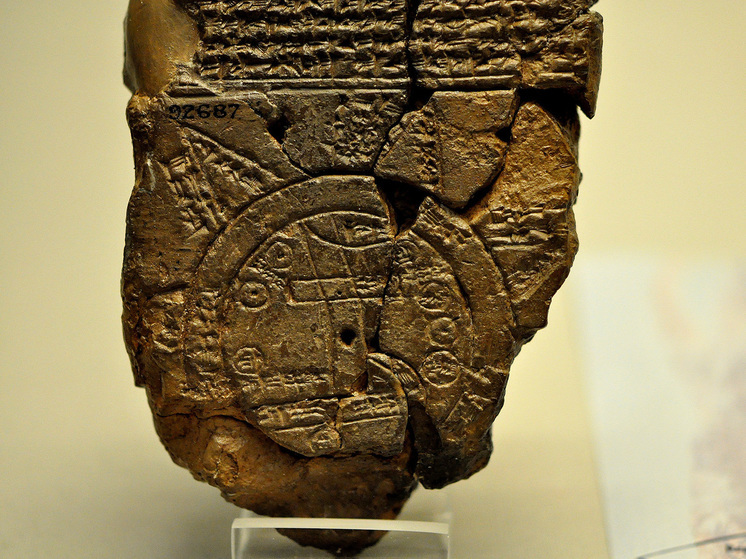Lunar eclipses were accurately predicted
Researchers have finally been able to decipher a series of Babylonian tablets that are already 4,000 years old. According to scientists, they do not hold bright hopes for the future, but are almost all permeated with darkness and death.

Four clay tablets with cuneiform inscriptions predict the death of kings and the fall of civilizations, according to a recent study published in the Journal of Cuneiform Studies.
The ancient artifacts were discovered more than 100 years ago in what is now Iraq and are part of the British Museum's collection, but only now have they been translated into modern language.
According to the New York Post, the people of southern Mesopotamia relied on the movement of the moon for divination — and in particular, on lunar eclipses. The authors of the report, Andrew George and Junko Taniguchi, write that they «represent the oldest examples of lunar eclipse omens ever discovered.»
According to the study, the Babylonians analyzed eclipses by the time of night, the movement of the shadow, their duration, and their dates, which they then used to predict various events. They believed that the «events in the sky» were signs from the gods, warning about the future of earthly peoples and rulers.
Tablets, for example, contained predictions such as: «The king died, the destruction of Elam» if «the eclipse suddenly disappears from its center and immediately clears up.» Or this: «The fall of Subartu and Akkad» if «the eclipse begins in the south and then disappears.»
Other ominous omens include that «a swarm of locusts will descend upon the land,» «there will be a plague of cattle,» and «a great army will fall.»
According to Andrew George, an emeritus professor of Babylonian at the University of London, some of the omens may have been based on previously observed coincidences between the timing of various eclipses and important events.
That is, people were observing omens that were followed by disaster.
Still, most of them were likely based on theories rather than real evidence.
Scientists say the deciphered tablets come from Sippar, an ancient Babylonian city southwest of today's Baghdad. They were used by the king's advisers to predict future events. To get a second opinion on the likelihood of omens coming true, advisers would examine the entrails of sacrificed animals «to determine whether the king was in real danger,» the researchers said.
George and Taniguchi wrote that ancient people also performed rituals to ward off bad omens and prevent predictions from coming true.
Or perhaps the Babylonians would appoint a temporary king before an impending disaster, so that he would bear the brunt of the gods' wrath and be killed while the real king remained unharmed, the New York Post reported.
Babylonian astronomers were able to predict lunar eclipses with «reasonable accuracy,» NASA noted.





















































Свежие комментарии